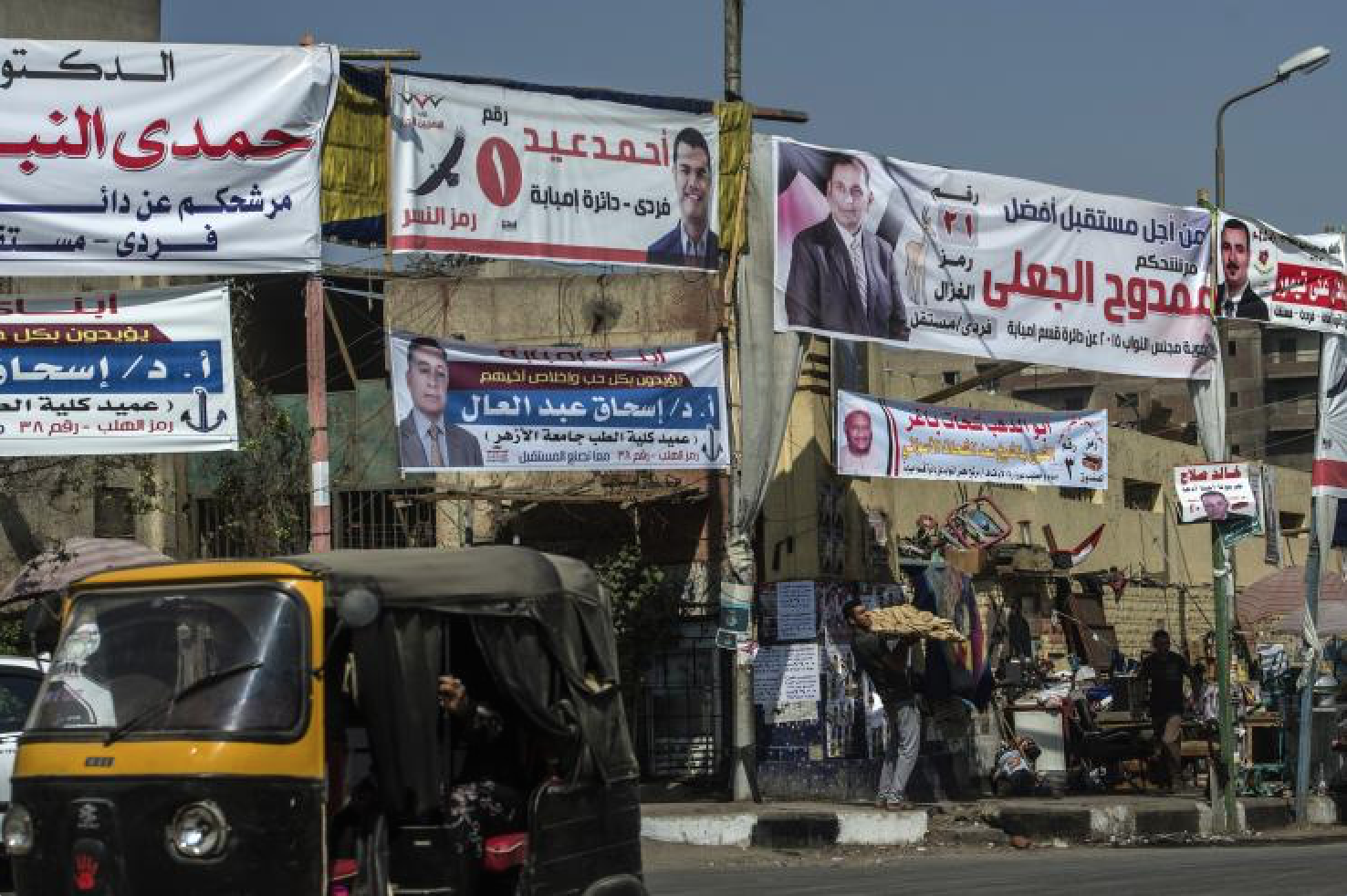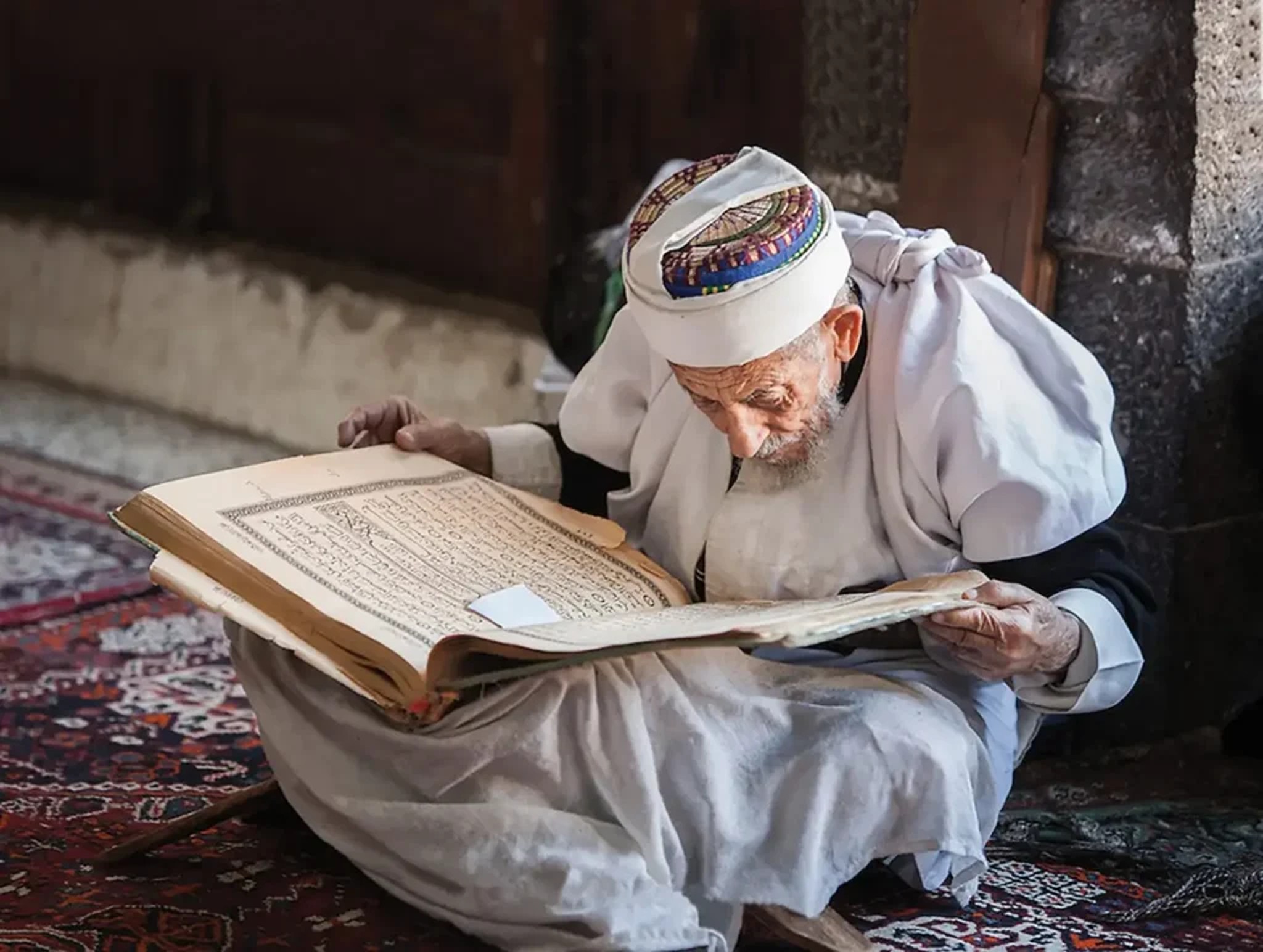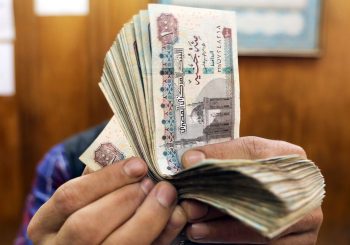Preliminary results from the first round of parliamentary elections suggested that the electoral coalition For the Love of Egypt (Fi Hob Misr) has made sweeping gains, with Al-Nour Party far behind in second place.
The elections, however, were undermined by a severe shortage in voter turnout, which Prime Minister Sherif Ismail placed between 15 and 16 percent on Sunday as public sector workers were given half of Monday off work to encourage them to vote. Most boycotters saw the election as a sham designed to increase President Abdel Fattah El-Sisi’s support or give the illusion of democracy.
This article gives an overview of the For the Love of Egypt coalition.
WHAT IS FOR THE LOVE OF EGYPT?
For the love of Egypt is not a political party but an electoral coalition of ten political parties. The most prominent of these are the Wafd Party, the Free Egyptians Party (Al Masreyeen Al-Ahrar) founded by Naguib Sawiris and the Conference Party (Hezb Al-Tagammu’), itself a union of various leftist and liberal parties.
The Conservative Party also rejoined the list after having withdrawn for reasons the leadership dismissed as a “misunderstanding over party representation in the list”.
WHEN AND HOW WAS IT FORMED?
The coalition announced its formation in February after a failed attempt by former Prime Minister Kamal Al-Ganzouri to gather the main party leaders under one national list.
Ganzouri’s list was abandoned after many party leaders complained in a meeting with Sisi that Ganzouri was acting on behalf of the government with unfair state support, although Sisi denied these claims during the meeting.
Sameh Seif Al-Yazal, now leader of For the Love of Egypt, began approaching secular and liberal parties to form the current list after abandoning that of Ganzouri.
Shortly after the announcement, chairman of Al-Wafd party El-Sayed El-Badawi expressed the suspicions of many of his party members that For the Love of Egypt was made to replace Al-Ganzouri’s list and that both received support from the government.
WHO ARE THE KEY FIGURES INVOLVED IN THE LIST?
Sameh Seif Al-Yazal, former intelligence officer and security expert, currently the chairman of the Gomhouria Center for Political and Strategic Studies, is currently the coalition’s leader.
The coalition also includes Mustafa Bakry, a pro-Sisi journalist and former member of parliament; Taher Abu Zeid, a popular soccer player from the 1980s and former sports minister; Ossama Heikal, former information minister; Mohamed Farag Amer and Mohamed Zaki El-Sewidi, former National Democratic Party parliamentarians and businessmen; Amna Nosseir, a scholar from Al Azhar; and Emad Gad, a prominent Coptic figure and former member of parliament.
The list has largely succeeded because of its ability to create support bases in different parts of Egypt. The combination of members of popular families in Upper Egypt and Delta governorates, in addition to well-known public figures, former politicians and military officials brought the list “repute in the eyes of many who support the state and have conservative politics,” according to Yousri AlAzabawi, a researcher for Al Ahram Center for Political and Strategic Studies.
WHAT IS THE LIST’S POSITION WITH REGARDS TO SISI?
The coalition is openly in strong support of Sisi, though it has repeatedly stated that it is not supported by the government nor affiliated with it. Al-Yazal told Daily News Egypt that he “dared” anyone accusing them of being part of the regime to prove their claims.
He added that they “have not received any support from the state nor its officials. We are neither the regime’s nor the state’s list…However, we will support President Abdel Fattah El-Sisi in his successful path leading the Egyptian state.”
Several other members have expressed their support for Sisi. Mostafa El-Bakry told Ahram Online that they “decided to contest the elections to support President Abdel-Fattah El-Sisi in facing the threats at hand…Look at what is happening in Syria, Iraq, Libya. We don’t have time to waste and people will definitely choose those with experience.”
Several critics are still skeptical of the list’s separation from the regime and expect it to support the over 200 executive decisions Sisi issued during the absence of parliament. The initial controversy of the list as a replacement for Ganzoury’s project is another reason behind these suspicions.
WHAT IS ITS POLITICAL IDEOLOGY?
Since the coalition is an electoral list and not a party, it does not have a unified ideology but relies on the element of experience. This might not change when parliament convenes, as each of the ten parties will then pursue their own ideologies, as Al-Orabi told Ahram Online. Despite these differences, Emad Gad told Sky News Arabia that the candidates agree on certain principles such as “the private sector as a base for economic development…maintaining development through the public sector, in addition to “social justice as represented by the minimum wage, full and universal medical care and education for low income citizens.”
Many critics are suspicious of the absence of a unified ideology, which suggests that the list is simply a strategy to gain votes through association with well-known families and public figures.
ARE THERE PLANS TO AMEND THE CONSTITUTION?
A major question is whether the new parliament intends to amend the 2014 constitution, which was seen to give broad powers to the parliament at the expense of the president. In September, Sisi alluded to problems in the constitution, saying that it was “written with good intentions” but that “the country cannot be run with good intentions”. Yazal told Al-Watan newspaper that they planned to call for constitutional amendments in two years’ time on issues that included presidential powers and the dismissal of ministers.
The other parties contesting the elections are the Salafist Al-Nour Party, the Republican Alliance of Social Forces led by former Vice President of the Supreme Constitutional Court Tahany Al-Gebaly, Hamdeen Sabbahi’s Democratic Current and the Egyptian Front and Independence Current, formed under the leadership of Ahmed Shafiq.
The second stage of elections will take place on November 22 and 23 for voters in Egypt in the governorates of Cairo, Qalioubiya, Daqahliya, Menoufiya, Gharbiya, Kafr El-Sheikh, Sharqiya, Damietta, Port Said, Ismailia, Suez, North Sinai and South Sinai.







Comments (10)
[…] it was good news that the winning women were all participating on the leading coalition list Fi Hob Misr (For the love of Egypt), the down side was that not a single one of the woman candidates competing over an individual seat […]
[…] it was good news that the winning women were all participating on the leading coalition list Fi Hob Misr (For the love of Egypt), the down side was that not a single one of the woman candidates competing over an individual seat […]